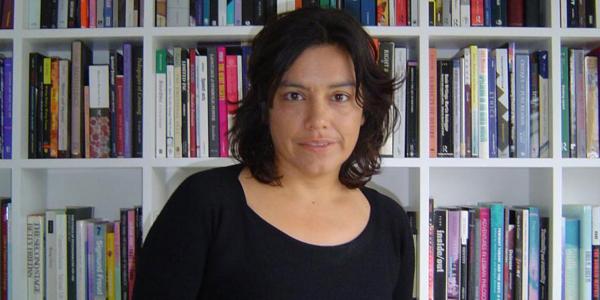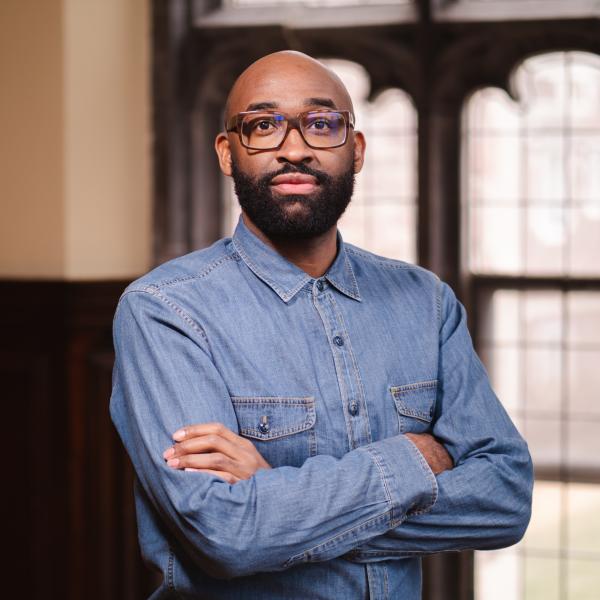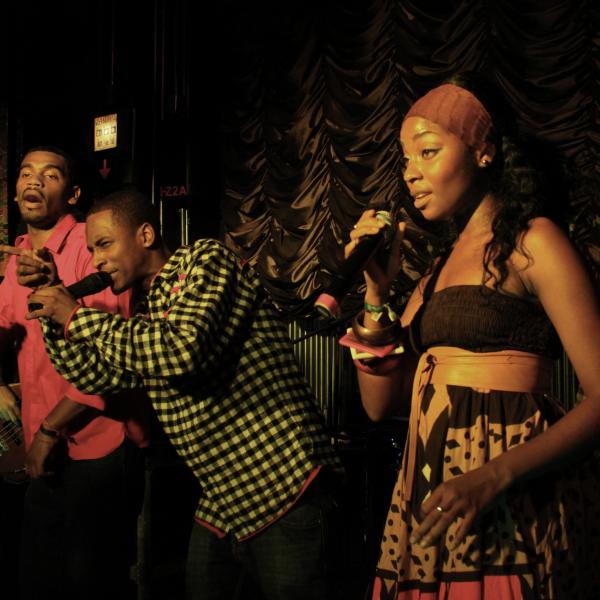In this introduction to the work of feminist scholar Sara Ahmed, Amber Jamilla Musser highlights the abiding theme of Ahmed’s writing: “making sense of what doesn’t make sense.”
“How do we orient ourselves?” “What histories do we hold in our habits?” “What constitutes our attachments?” In a way, these questions are all variations on a theme. They ask us to ponder the nature of knowledge — what is it, how do we come to it and how might we know otherwise? — while fundamentally destabilizing the idea that we should take anything (bodies, knowledge, desires) for granted. These interrogations locate the political in the daily and constitute the territory that Sara Ahmed has productively mined over a series of books, essays and blog posts, including The Cultural Politics of Emotion, Queer Phenomenology, The Promise of Happiness, Willful Subjects and, most recently, Living a Feminist Life.
Through Ahmed’s intervention, gender, race and class enter the previously unmarked (and assumed universal) scene. We simultaneously see the precise ways that some things are erased in order to make others appear and the political power of reorientation — it becomes impossible to imagine knowledge production in terms that do not explicitly grapple with the material conditions that make its production possible.
Ahmed performs a similar maneuver in The Promise of Happiness when she disturbs fantasies that privilege happiness as a site to be aspired to. Keeping happiness unexamined as a “social good,” Ahmed argues, is dangerous because it prevents important political work from happening. It is here that Ahmed develops her idea of the feminist killjoy, a trope who “disturb[s] the very fantasy that happiness can be found in certain places: it is not just that feminists might not be happily affected by the objects that are supposed to cause happiness but that their failure to be happy is read as sabotaging the happiness of others.”
This killjoy and her destruction of happiness, however, offers more than mere discomfort; the killjoy becomes a method of questioning assumptions and resisting complacency and ignorance in Living a Feminist Life. In the book’s opening pages she writes:Living a feminist life does not mean adopting a set of ideals or norms of conduct, although it might mean asking ethical questions about how to live better in an unjust and unequal world (in a not-feminist) and antifeminist world); how to create relationships with others that are more equal; how to find ways to support those who are not supported or are less supported by social systems; how to keep coming up against histories that have become concrete, histories that have become as solid as walls.
By transforming her intellectual questions into ethical ones, Ahmed makes explicit the way one might begin to align oneself with a politics that centers interrogation, equity and justice.
This labor of transformation is not merely about unsettling the normative, however; it has serious implications for thinking about how knowledge is organized within institutions and how it might be organized. This reorientation of knowledge, Ahmed terms “diversity work” because it highlights the relationship between knowledge production, bodies and their situatedness. Changing what counts as knowledge and understanding the multiple ways that knowledge can be produced must begin not only by inviting a plurality of people to sit at the table, but by making it possible for them to do their work.




